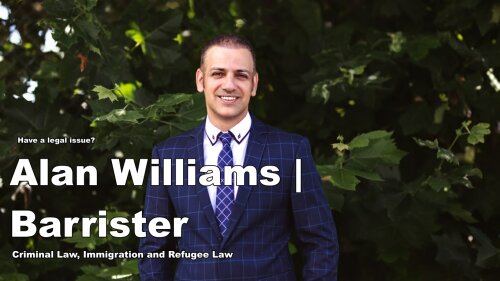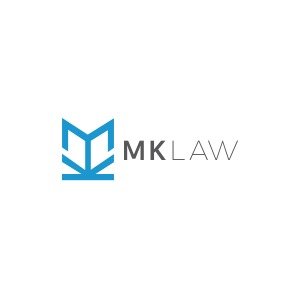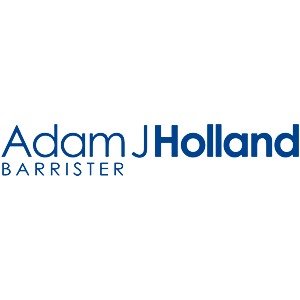Best Criminal Litigation Lawyers in Auckland
Share your needs with us, get contacted by law firms.
Free. Takes 2 min.
List of the best lawyers in Auckland, New Zealand
About Criminal Litigation Law in Auckland, New Zealand
In Auckland, New Zealand, criminal litigation involves the process of trial, defense, prosecution, and sentencing in the context of criminal law. The rights of defendants are protected by several legal standards, such as the presumption of innocence and the requirement for guilt beyond reasonable doubt. Serious charges can lead to imprisonment, unlimited fines, or both.
Why You May Need a Lawyer
Navigating the complex landscape of criminal litigation without legal advice can be challenging. You may require a lawyer if you've been charged with a crime, need help understanding your rights, or require representation in court. Someone skilled in criminal law can help communicate and negotiate with prosecutors, gather evidence in your defense, and guide you on the possible outcomes and best strategies.
Local Laws Overview
Auckland follows New Zealand's national criminal law, with key aspects including the Crimes Act 1961, Summary Proceedings Act 1957, and the Bill of Rights Act 1990. These laws cover a wide range of offences and outline the rights and responsibilities of everyone in the criminal litigation process. Apart from these, there are numerous provincial regulations and city bylaws that might also apply to your case.
Frequently Asked Questions
What are the basic rights of the accused in New Zealand?
The accused have a right to a fair trial, to be presumed innocent until proven guilty, to not be subjected to cruel or disproportionately severe treatment or punishment, and to legal counsel.
How does bail work in criminal proceedings?
Bail is a way for a person to live in the community while their case is going through court. The court may set conditions, which might include not contacting certain people, or reporting to a police station regularly.
What does 'guilt beyond reasonable doubt' mean?
This standard means that the prosecution must prove there is no reasonable doubt in the mind of a reasonable person that the defendant is guilty. If reasonable doubt remains, the defendant must be found not guilty.
What is the difference between a summary and indictable offense?
A summary offense is a less serious crime, typically dealt with in the District Court, while an indictable offense is more serious and usually heard in the High Court.
What should I do if charged with a criminal offence?
If you're charged with a criminal offence, it's important to consult with a defense lawyer as quickly as possible. You have the right to remain silent until you have legal advice.
Additional Resources
The New Zealand Law Society can provide guidance and resources, as well as function as a lawyer referral service. The Citizens Advice Bureau offers free advice, and the Ministry of Justice has extensive resources regarding the criminal justice process.
Next Steps
If you need legal assistance in Criminal Litigation, find a lawyer who specializes in this area. The Auckland District Law Society can assist in finding a suitably qualified lawyer. Before your first meeting, gather all relevant documents and information related to your case. Remember, it's crucial to be honest with your lawyer to ensure they can represent you effectively.
Lawzana helps you find the best lawyers and law firms in Auckland through a curated and pre-screened list of qualified legal professionals. Our platform offers rankings and detailed profiles of attorneys and law firms, allowing you to compare based on practice areas, including Criminal Litigation, experience, and client feedback.
Each profile includes a description of the firm's areas of practice, client reviews, team members and partners, year of establishment, spoken languages, office locations, contact information, social media presence, and any published articles or resources. Most firms on our platform speak English and are experienced in both local and international legal matters.
Get a quote from top-rated law firms in Auckland, New Zealand — quickly, securely, and without unnecessary hassle.
Disclaimer:
The information provided on this page is for general informational purposes only and does not constitute legal advice. While we strive to ensure the accuracy and relevance of the content, legal information may change over time, and interpretations of the law can vary. You should always consult with a qualified legal professional for advice specific to your situation.
We disclaim all liability for actions taken or not taken based on the content of this page. If you believe any information is incorrect or outdated, please contact us, and we will review and update it where appropriate.














